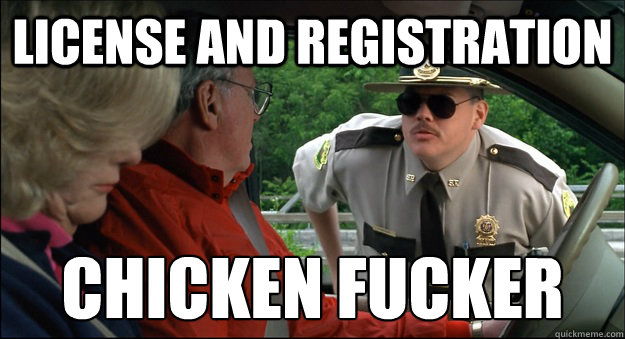Rovin Romine said:
With the caveat I have only watched spottily, I can say that neither side seems to have distinguished itself as "great." I'd say, overall, that they both seem "solid enough" with what they have to work with. Pros and Cons.
(Also, my personal preferences on how to do things certainly aren't all attorneys would do things - how they would "play to their own strengths.")
Right now the facts seem to strongly favor the prosecution. In a case with a wide array of evidence, the prosecution diminishes the risks of flaws in any one piece of evidence or one witness. So, while key witnesses could still implode and lose the case (for either side), we don't seem to be in a position where a single brilliant cross or impeachment or argument is going to radically shift the momentum of the trial.
I haven't watched the whole thing, but to me the prosecution is executing the "Woody Hayes principle" perfectly. There aren't any deep balls, it's all 3 plays for a first down, rinse, repeat, and keep piling up the points. They are laying everything down, all the pieces are tying together, while the alternative explanations (even when offered) look fragile and disconnected in comparison. If the objective is to remove a reasonable doubt, they certainly seem to be doing it. FWIW, I'm not impartial since Bill McCauley is my cousin and one of the finer people you could ever hope to meet. Loving his work here.


